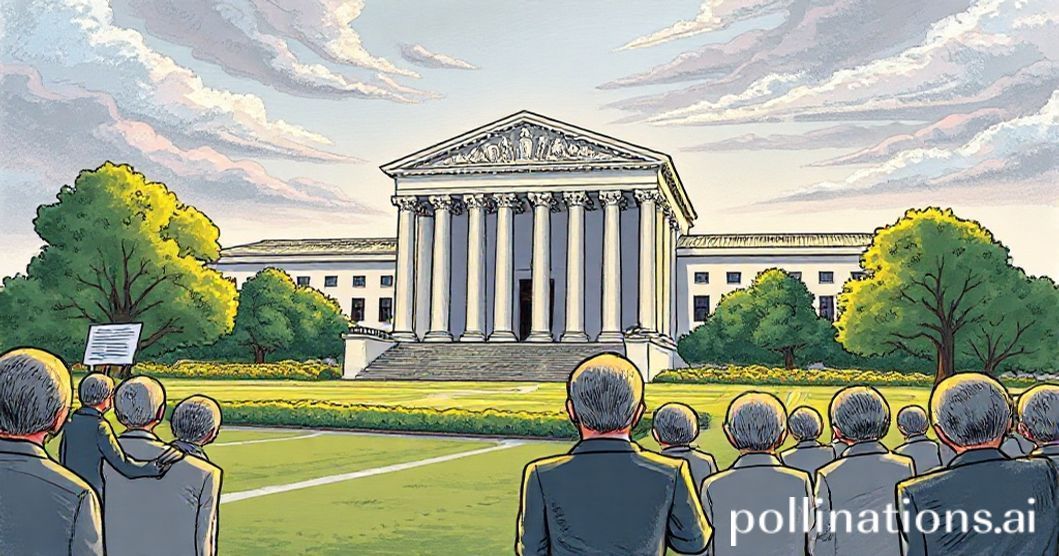Supreme Court condemns – The Supreme Court on Tuesday (November 11, 2025) expressed strong disapproval of the recent incident in which two students from Kerala were allegedly assaulted in the national capital, “coerced” to speak in Hindi, and mocked for wearing lungis (coloured mundus, a traditional attire in the State). The students were reportedly attacked near the Red Fort on September 24 by a group of miscreants who accused them of theft, with some police personnel also alleged to have participated in the assault. A Bench of Justices Sanjay Kumar and Alok Aradhe said it had taken note of the incident through media reports and stressed that such acts of racial discrimination were wholly “unacceptable” in a country founded on pluralism and unity.
“We read in the newspaper recently that a man from Kerala was ridiculed for wearing a lungi in Delhi. This is unacceptable in a country where people live in harmony. we are one country,” Justice Kumar observed.
Racial prejudice The court was hearing a 2014 petition seeking directions to frame guidelines to protect people from the North-Eastern States against racial discrimination. The plea had cited a spate of such incidents, including the killing of Arunachal Pradesh student Nido Tania, who was beaten to death by shopkeepers in South Delhi on January 29, 2014. Earlier, the apex court had directed the Centre to constitute a committee to monitor such incidents of racial violence and hate crimes, and to recommend preventive measures.
It had further emphasised that meaningful prevention of such incidents could be achieved only through efforts to foster deeper attitudinal change within universities, workplaces, and society at large. During Tuesday’s hearing, Additional Solicitor-General K. M.
Nataraj, appearing for the Centre, informed the court that a monitoring committee had already been constituted in compliance with earlier directions. However, advocate Gaichangpou Gangmei, appearing for the petitioner, contended that instances of racial discrimination and exclusion of people from the North-East continued to persist. Referring to the recent assault on the Kerala students, Justice Kumar remarked that such incidents demonstrated the continuing prevalence of racial prejudice and told Mr.
Nataraj that the government “should be more bothered about it. ” The Bench was also informed by Mr.
Gangmei that the monitoring committee, which is mandated to meet quarterly, had convened only 14 times in nine years. Taking note of the submission, the court adjourned the proceedings and directed the petitioner to file a response to the Centre’s latest status report.
Earlier, Rajya Sabha MP John Brittas had written to Delhi Police Commissioner Satish Golcha, demanding an inquiry into what he described as an “inhuman attack, custodial assault and cultural humiliation” of the two students. He had urged the Commissioner to initiate a high-level probe, identify those responsible, and retrieve the students’ belongings. “Instead of extending protection, the policemen colluded with the mob… the students were dragged, beaten with fibre lathis, stomped upon, stripped and humiliated in the most degrading manner,” the letter had alleged.
However, the Delhi Police had presented a different account of the incident. DCP (North) Raja Banthia had told The Hindu that a few hawkers had brought the two students to the police post to resolve a payment dispute. “Some hawkers brought them to the post after allegedly thrashing them in the market.
The hawkers complained that these two persons had earlier purchased clothes, paid ₹4,000 in cash, and showed them an online payment of ₹10,000, which was not actually made. When they visited the market again on September 24, the hawkers identified them, got into a quarrel and manhandled them”, the DCP had said.


